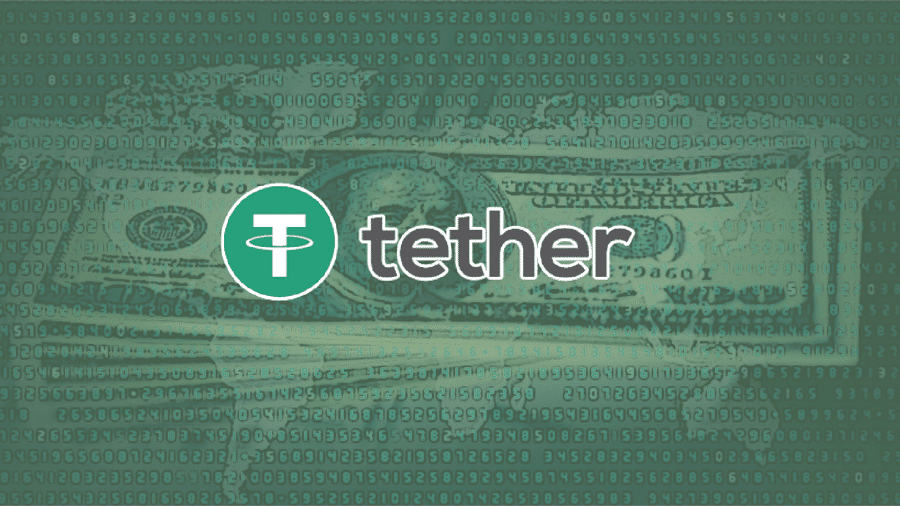Ripple Lawsuit Raises Concerns Across the Crypto Industry
The SEC’s lawsuit against Ripple Labs, accusing the company of offering unregistered securities through XRP, has created ripples throughout the cryptocurrency industry. With Bitcoin surging and regulators tightening their grip on the sector, concerns are mounting over which cryptocurrencies might face similar scrutiny.
While Ripple battles allegations, industry insiders, including Bitfinex Tether CTO Paolo Ardoino, are addressing speculation about potential legal challenges to other major assets, including Tether (USDT).
Tether Responds to Speculation
Tether, the issuer of USDT, has long been a focal point of regulatory discussions. However, Paolo Ardoino, CTO of Bitfinex and Tether, took to Twitter to address rumors of SEC scrutiny:
Key Points from Ardoino’s Statement:
- Compliance with Regulations:
- Tether is fully regulated and complies with FinCEN (Financial Crimes Enforcement Network) standards.
- Backing of Reserves:
- USDT tokens are backed by 100% reserves, ensuring equivalent value for all outstanding coins.
- FUD Concerns:
- Ardoino criticized those spreading “intentional lies” and fear, uncertainty, and doubt (FUD) about Tether’s legal standing.
Tether’s Previous Legal Challenges
Despite its reassurances, Tether’s legal troubles have not been entirely resolved.
The $700 Million Controversy:
- U.S. regulators accused Bitfinex and Tether of using $700 million from Tether’s reserves to cover an $850 million loss.
- Bitfinex claimed the funds were held by Crypto Capital, a Panamanian company, and were seized in multiple jurisdictions, including Poland, Portugal, and the United States.
New York Attorney General Case:
- Bitfinex recently lost a legal battle to contest a court decision requiring it to hand over documents to the New York Attorney General (NYAG).
- This legal dispute highlights the ongoing scrutiny stablecoins face from regulators.
The Ripple Effect: Could Stablecoins Be Next?
The SEC’s classification of XRP as a security raises questions about whether other crypto assets, particularly stablecoins, could face similar challenges.
Potential Impact on Stablecoins:
- Tether (USDT):
- As the largest stablecoin, Tether could face significant repercussions if targeted by regulators.
- Circle’s USD Coin (USDC):
- Another prominent stablecoin, USDC, is widely used in DeFi and institutional trading.
- Paxos Standard and Gemini Dollar:
- These stablecoins could also be affected by increased regulatory oversight.
A lawsuit against any major stablecoin could undermine trust and disrupt the broader cryptocurrency market.
Regulatory Landscape and Industry Response
The SEC’s actions signal a broader intent to regulate the crypto space more rigorously.
Crypto Industry’s Response:
- Community Concerns: Fear of overregulation is growing among crypto investors and developers.
- Calls for Clarity: Companies like Coinbase and Ripple have advocated for clearer guidelines to foster compliance while enabling innovation.
Conclusion
The SEC’s lawsuit against Ripple has set a precedent that could influence future regulatory actions against other cryptocurrencies, including Tether and other stablecoins. As the crypto market evolves, compliance with regulations will be crucial for maintaining investor confidence and ensuring the long-term sustainability of digital assets.
For now, the fate of XRP and its potential ripple effects on other cryptocurrencies remain uncertain, highlighting the need for vigilance and adaptability in the fast-changing regulatory landscape.
To learn more about the innovative startups shaping the future of the crypto industry, explore our article on latest news, where we delve into the most promising ventures and their potential to disrupt traditional industries.
Disclaimer: The information provided is not trading advice, Bitcoinworld.co.in holds no liability for any investments made based on the information provided on this page. We strongly recommend independent research and/or consultation with a qualified professional before making any investment decisions.




